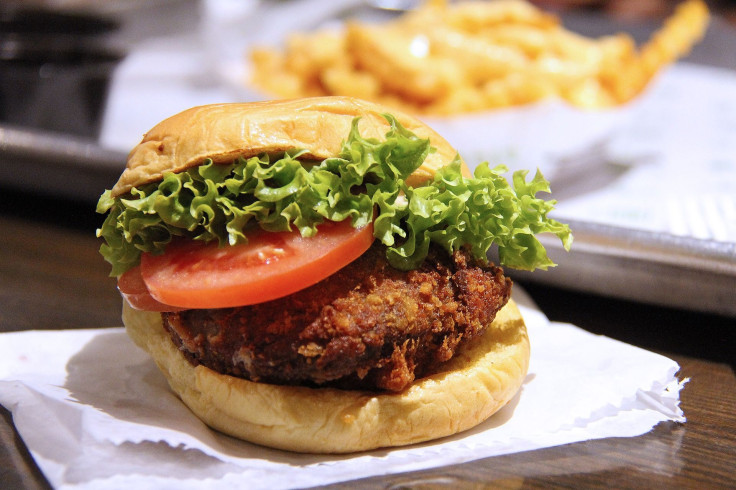Math Reveals The Quickest Way To Cook A Burger
KEY POINTS
- A researcher solved the burger flipping problem using mathematics
- He found that timing between flips and the number of flips are crucial
- Increasing the frequency of flips lowers cooking time by almost a third
Craving a hamburger but in a hurry? If you wish to find out the quickest way to cook a patty, mathematics can actually help you.
Jean-Luc Thiffeault, a professor of applied mathematics at the University of Wisconsin in Madison, has found that the timing between flips and the number of flips hold the key to the fastest way to cook a meat patty. Moreover, increasing the frequency of flips reduces cooking time by nearly a third.
In his study, published in Physica D on June 17, the researcher used mathematics to study how heat moves through a slab of meat, which simultaneously cooks on the bottom side and cools on the top until the meat is flipped. Eventually, his analysis showed that flipping the patty heats the meat evenly, therefore speeding up the cooking process. He also found that more flips lead to faster cooking.
According to the study, a theoretical 1-centimeter-thick patty that's flipped just once is cooked in 80 seconds. On the other hand, flipping it 10 times at intervals ranging from six to 11 seconds results in a cooking time of only 69 seconds. A maximum decrease of 29% in cooking time is then observed when the patties are continuously flipped.
However, after a threshold is reached, the effect of the number of flips on cooking time becomes inconsequential.
"After three or four flips, the gain in time is negligible," Thiffeault said.
The study's findings resonate with the observations chef and food writer J. Kenji López-Alt shared in a 2019 article. In the said piece, López-Alt compared the time it took for a burger's internal temperature to reach about 52° Celsius using a certain cooking method he followed. He then realized that flipping the patty every 15 seconds, compared to just once, shortened cooking time by nearly a third.
However, López-Alt argued that there's no standard, one-size-fits-all burger. "The idea of the perfect anything is just nonsense, right?" he said. "It's all based on what you want."
Considering his study, Thiffeault chided that his friends would probably not be interested in eating his theoretical patty as the slab of meat is said to be cooked upon reading 70° Celsius. "That's no burger that they would want to eat because it's quite a well-done burger," he said.

© Copyright IBTimes 2024. All rights reserved.





















